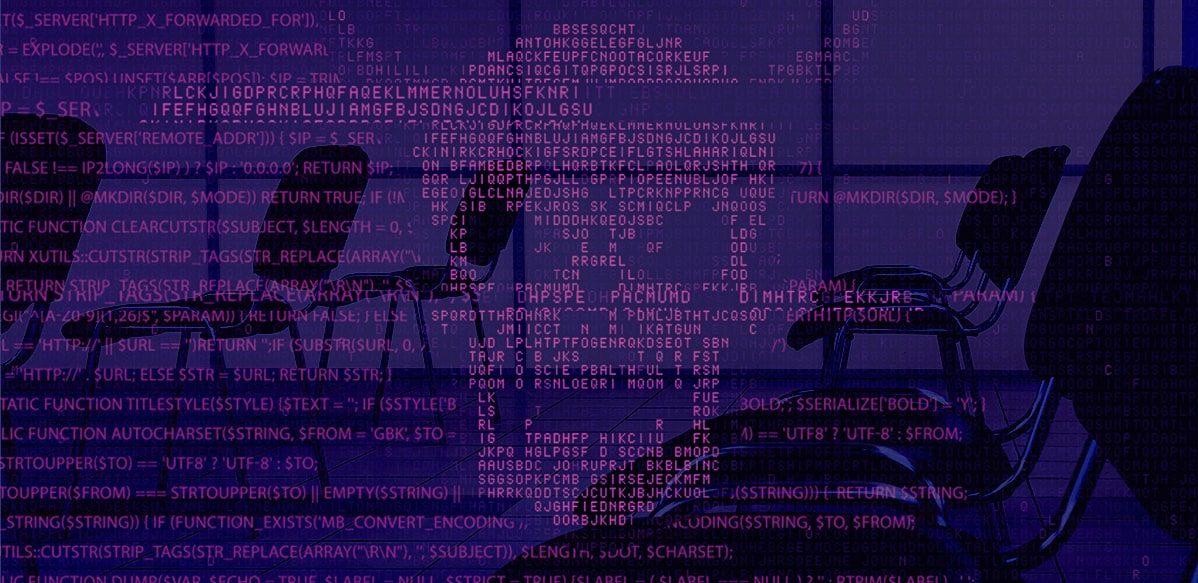The number of cybercrime incidents reported between January and September virtually doubled from 114,946 in 2021 to 217,571 in 2022. The comparison over the past six years is even more striking, with a 455% increase from just 45,894 cases in the first nine months of 2016.
This data was provided by various state security forces, including the National Police, Civil Guard and regional and local police forces. The news is alarming to say the least: attacks have doubled in the last year and are five times higher than they were six years ago.
This trend has been corroborated by the police, the EU Agency for Cybersecurity (ENISA), our very own Aiuken Cybersecurity Observatory and a whole host of other organisations and bodies. It leaves no room for doubt: cybercrime will continue to grow tomorrow, take off next week, soar next month and skyrocket in a year’s time. The real turning point will be when these crimes start to slow down.
Sadly this feels like a long way off for now, as the arrival of 5G, IP connectivity, the network society and every other technological advance is always noted more for its benefits than its risks. So while the most common crimes today (from theft to homicide) are actually declining, the same sources tell us that cybercrime is rising exponentially.
So what can we do? At Aiuken, we no longer believe that authorities are failing to invest properly in cybersecurity – the problem is that they are simply oblivious to how serious this issue is. And it is very serious indeed: each and every one of us is vulnerable to ransomware, malware, phishing and a whole range of other threats.
In the last year alone, the number of computer scams surged by 96%. Police data does not show other types of crime growing in any way near the same way, demonstrating the dramatic shift towards cybercrime during the pandemic.
We all need cybersecurity, and that depends on more investment, greater awareness and a real commitment from everyone. The European Union should take advantage of European Next Generation funding in order to boost prevention. All individuals, businesses and public authorities are now the targets of criminal hacktivism, exploiting the fact that developments such as 5G still rely on outdated security systems from the 1990s.




